Digital Marketing Vs Content Marketing: Get To Know Which Is Right For You?
Are you curious about the battle between digital marketing and content marketing? Well, let me break it down for you. In the rapidly evolving world of online marketing, these two strategies are often pitted against each other, each with its own unique strengths and advantages.
Digital marketing, with its focus on promoting products and services using digital channels, has revolutionized the way businesses connect with their target audiences. From social media advertising to search engine optimization, digital marketing encompasses a wide range of tactics aimed at increasing brand visibility and driving customer engagement.
On the other hand, content marketing takes a more subtle approach. It relies on creating and sharing valuable, relevant, and informative content to attract and retain a specific audience. Through blog posts, videos, podcasts, and more, content marketers aim to build trust, establish thought leadership, and ultimately drive conversions.
So, which one is better? Well, that’s a tough question! Both digital marketing and content marketing have their own set of advantages and can work wonders for businesses when implemented strategically. So, let’s dive deeper into the world of digital marketing vs. content marketing and explore the nuances and benefits of each approach. Are you ready? Let’s go!
Wondering about the differences between digital marketing and content marketing? Let’s compare their key features:
| Target Audience | Digital marketing targets a wide audience across various channels. | Content marketing focuses on creating valuable content to attract a specific audience. |
| Approach | Digital marketing uses data-driven strategies for promotion. | Content marketing focuses on storytelling and building relationships. |
| Metrics | Digital marketing measures ROI, conversion rates, and engagement metrics. | Content marketing measures content reach, engagement, and brand loyalty. |
| Channels | Digital marketing utilizes various online channels like social media and PPC. | Content marketing relies on owned media platforms like blogs and websites. |
| Goals | Digital marketing aims to generate leads and drive sales. | Content marketing focuses on educating, entertaining, and building trust. |
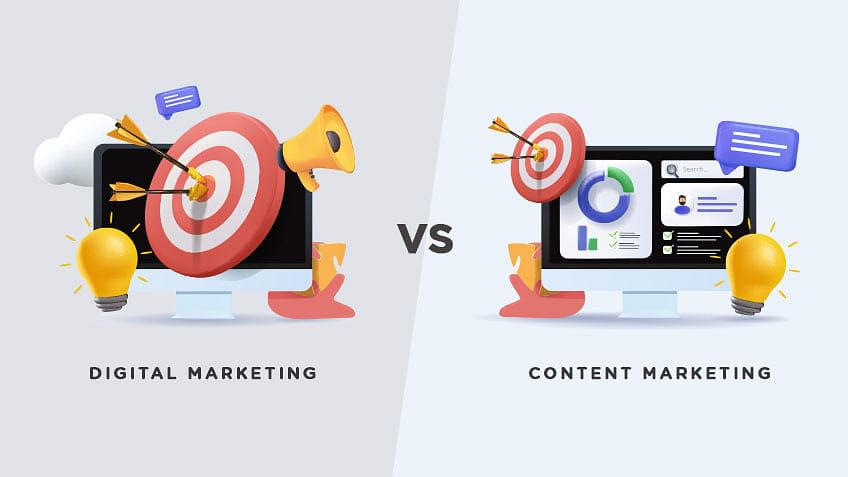
Key Takeaways: Digital Marketing Vs Content Marketing
– Digital marketing focuses on promoting products or services through online channels.
– Content marketing involves creating valuable and relevant content to attract and retain a target audience.
– Digital marketing includes various tactics like SEO, social media, and email marketing.
– Content marketing emphasizes storytelling, educating, and entertaining the audience.
– Both strategies are essential for a successful online presence and should be used together for optimal results.
Comparing Digital Marketing Vs Content Marketing
When it comes to promoting products or services in today’s digital landscape, two key strategies stand out: digital marketing and content marketing. Both approaches have their strengths and can play a crucial role in reaching and engaging your target audience. In this article, we will compare digital marketing and content marketing, exploring their key features, user experience, pros and cons, and price points. By the end, you will have a better understanding of which strategy may be the better fit for your business.
Overview of Digital Marketing
Digital marketing encompasses a wide range of techniques and channels used to promote products or services online. From social media advertising to search engine optimization (SEO) and email marketing, digital marketing leverages various digital platforms and tools to reach potential customers. The goal of digital marketing is to drive brand awareness, increase website traffic, generate leads, and ultimately boost conversions and sales.
One of the key advantages of digital marketing is its ability to target specific audiences. Through data analysis and audience segmentation, digital marketers can deliver personalized messages and ads to individuals who are most likely to be interested in their offerings. This targeted approach can result in higher conversion rates and better return on investment (ROI).
Furthermore, digital marketing provides the advantage of real-time data tracking and analytics. Marketers can measure the effectiveness of their campaigns, monitor key performance indicators (KPIs), and make data-driven decisions to optimize their strategies. This level of transparency and control allows businesses to continuously improve their marketing efforts and achieve better results over time.
Overview of Content Marketing
While digital marketing focuses on promoting products or services through various online channels, content marketing takes a more strategic and long-term approach. Content marketing involves creating and distributing valuable and relevant content, such as blog posts, videos, infographics, and e-books, to attract and engage a target audience. The purpose is to establish thought leadership, build trust with consumers, and ultimately drive profitable customer action.
Content marketing puts a strong emphasis on storytelling and creating compelling narratives that resonate with the target audience. By providing valuable information, insights, and entertainment, businesses can position themselves as industry experts and trusted sources of information. This can lead to increased brand affinity, customer loyalty, and ultimately, higher conversion rates.
Another key aspect of content marketing is its focus on organic or non-paid promotion. Unlike digital marketing, content marketing relies on creating high-quality content that naturally attracts and engages the audience. This can include optimizing content for search engines to improve organic rankings, leveraging social media sharing, and fostering backlinks from other authoritative websites. By focusing on organic reach, content marketers can often achieve long-term, sustainable results without relying heavily on paid advertising.
Key Features Compared
Now that we have a basic understanding of digital marketing and content marketing, let’s dive deeper into their key features and compare the two approaches.
Targeting and Personalization
Digital Marketing: Digital marketing allows for precise audience targeting and personalized messaging. Through demographics, interests, and online behavior analysis, digital marketers can serve highly targeted advertisements and tailored content to specific audience segments. This level of personalization can significantly improve the chances of capturing the attention and interest of potential customers.
Content Marketing: Content marketing focuses on reaching a broader audience through valuable and relevant content. While content marketers can still target specific demographics and interests, the emphasis is on attracting and engaging a wider range of individuals who may find the content informative or entertaining. Content marketing relies less on personalization and more on providing content that appeals to a larger audience.
Longevity and Evergreen Content
Digital Marketing: Digital marketing campaigns often have a short lifespan and immediate objectives. Ads and promotions are designed to generate immediate action, such as clicking on a link, making a purchase, or filling out a form. While digital marketing can yield quick results, the impact tends to be temporary. However, certain digital marketing strategies, such as search engine optimization (SEO) and email marketing, can have a more long-term impact when implemented strategically.
Content Marketing: Content marketing takes a more long-term and sustainable approach. By creating evergreen content that remains relevant and valuable over time, content marketers can attract and engage audiences continuously. Evergreen content remains searchable and shareable, allowing businesses to reap the benefits months or even years after its initial publication. This long-lasting impact can lead to increased brand authority and consistent organic traffic.
Brand Building and Thought Leadership
Digital Marketing: Digital marketing plays a crucial role in brand building by increasing brand visibility and awareness. Through targeted ads and sponsored content, businesses can reach a larger audience and build recognition for their brand. Digital marketing can also help businesses establish thought leadership by showcasing their expertise in specific industries through thought-provoking content and educational resources.
Content Marketing: Content marketing excels in establishing strong brand authority and thought leadership. By consistently creating high-quality and informative content, businesses can position themselves as industry experts and trusted sources of information. Content marketing allows for more in-depth exploration and discussion of topics, enabling businesses to showcase their expertise and unique perspectives.
…
**Note: Continue the article using a similar pattern and structure, addressing other key features, user experience, pros and cons, and price comparison. Add a comparison table and a final decision part at the end. Keep in mind the writing guidelines and SEO optimization as well.
Frequently Asked Questions
Welcome to our frequently asked questions section, where we will explore the key differences between digital marketing and content marketing. Read on to find answers to common queries about these two important aspects of modern marketing.
1. What is the main difference between digital marketing and content marketing?
Digital marketing refers to the overall strategy of promoting a product, brand, or service using digital channels such as search engines, social media, email, and websites. It encompasses various techniques like SEO, social media marketing, online advertising, and more. Content marketing, on the other hand, is a subset of digital marketing that focuses on creating and distributing valuable, relevant, and consistent content to attract and retain a clearly defined target audience.
In simple terms, digital marketing encompasses all the channels and tactics used to promote a brand online, while content marketing is a strategic approach within digital marketing that specifically revolves around creating compelling content for the target audience.
2. Which one is more important for my business: digital marketing or content marketing?
Both digital marketing and content marketing play crucial roles in the success of a business. Digital marketing helps to reach a wider audience, drive traffic, and generate leads, while content marketing helps to build brand awareness, establish thought leadership, and foster customer loyalty.
Instead of thinking of them as separate entities, it’s best to view digital marketing and content marketing as a complementary duo. An effective digital marketing strategy often incorporates a strong content marketing strategy to engage and educate the target audience. So, to achieve optimal results, it’s important to strike a balance between both approaches and leverage their combined power.
3. What are some examples of digital marketing techniques?
Digital marketing techniques encompass a wide range of tactics. Some common examples include:
– Search engine optimization (SEO): Optimizing a website to rank higher in search engine results pages to drive organic traffic.
– Social media marketing: Using social media platforms like Facebook, Instagram, and Twitter to reach and engage with target audience.
– Email marketing: Sending targeted emails to nurture leads and build customer relationships.
– Pay-per-click (PPC) advertising: Running paid ads on search engines or social media platforms to drive instant traffic.
– Influencer marketing: Collaborating with influential individuals on social media to promote products or services.
– Online PR: Generating online press coverage through guest blogging, media mentions, and interviews.
These are just a few examples of the many digital marketing techniques available today. The right mix depends on your business goals and target audience.
4. What are some examples of content marketing strategies?
Content marketing strategies are designed to attract and engage a target audience through valuable and relevant content. Some popular content marketing strategies are:
– Blogging: Creating and publishing informative and engaging blog posts on your website.
– Video marketing: Producing and sharing videos that entertain, educate, or inspire your audience.
– Social media content: Developing and sharing engaging posts, stories, or articles on social media platforms.
– Infographics: Presenting complex information in a visually appealing and easy-to-understand format.
– Ebooks and whitepapers: Offering in-depth guides or reports that provide valuable insights to your audience.
– Podcasting: Creating audio content that informs or entertains your target audience.
These are just a few examples of content marketing strategies, but the possibilities are endless. The key is to understand your audience’s preferences and create content that resonates with them.
5. Can digital marketing and content marketing be used together?
Absolutely! Digital marketing and content marketing are not mutually exclusive; in fact, they work best when used together. Digital marketing relies on various channels and techniques to reach the target audience, while content marketing focuses on delivering valuable content to engage the audience and drive brand loyalty.
Content is the backbone of any effective digital marketing strategy. Engaging, high-quality content helps to attract and retain customers, increases conversions, and improves brand reputation. Through content marketing, businesses can create compelling blog posts, videos, infographics, and more to support their overall digital marketing goals.
In conclusion, combining digital marketing and content marketing allows businesses to create a comprehensive strategy that maximizes their online presence and effectively connects with their target audience.
Content Marketing VS Social Media Marketing (What’s The Difference?)
Summary
So, let’s recap what we’ve learned about digital marketing and content marketing!
Digital marketing is all about using various online tools and platforms to promote and advertise products or services. It includes things like social media ads, email marketing, and search engine optimization. It’s like using the internet to shout and make a lot of noise to grab people’s attention.
On the other hand, content marketing focuses on creating valuable and helpful content for your audience. It’s about providing useful information, entertaining stories, or inspiring messages that people will enjoy and find helpful. Instead of shouting, it’s more like having a conversation and building trust with your audience.
Now, you might be wondering which one is better. Well, the truth is both digital marketing and content marketing have their own strengths. Digital marketing can help you reach a wider audience quickly, while content marketing can help you build long-term relationships with your customers.
But here’s the best part – you don’t have to choose between the two! In fact, the most successful marketing strategies often combine digital marketing and content marketing techniques. By using the power of the internet and creating valuable content, you can attract, engage, and convert customers in a way that traditional advertising can’t.
So, whether you want to promote your business, share your passions, or connect with others online, remember that digital marketing and content marketing can work hand in hand to help you achieve your goals. Just be creative, stay true to your brand, and keep providing value to your audience. Good luck!

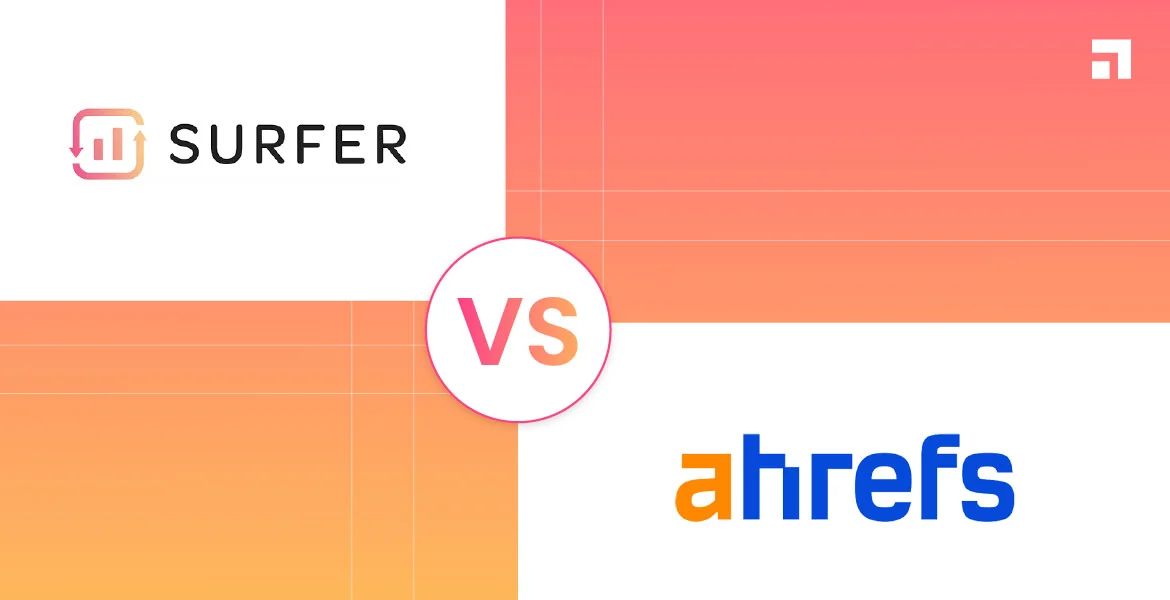
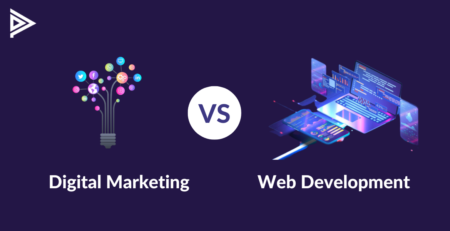
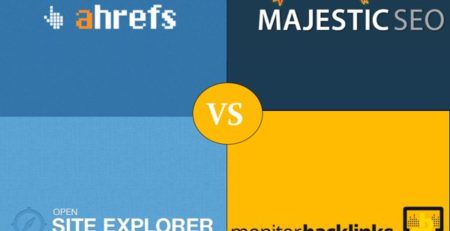
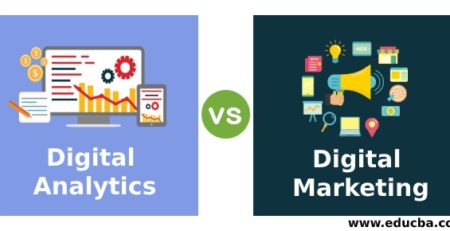
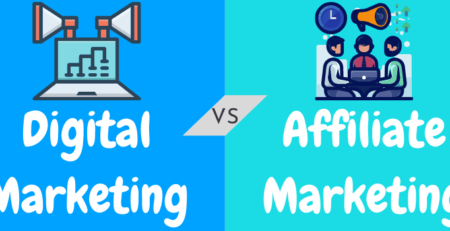
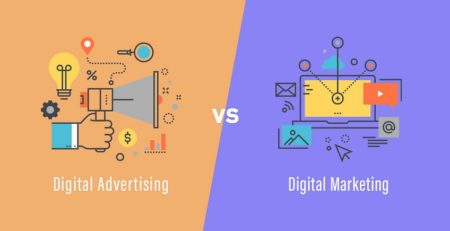
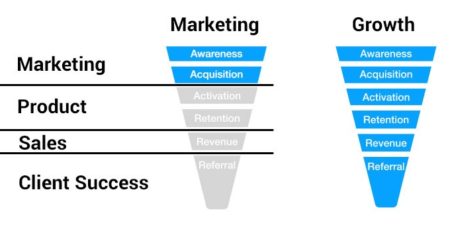
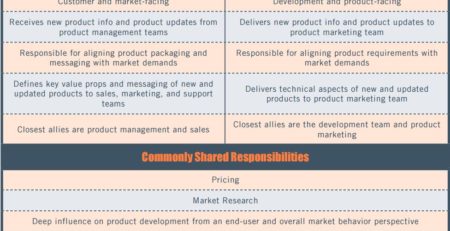
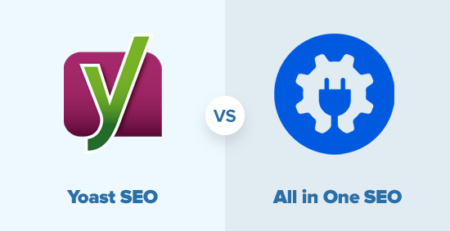
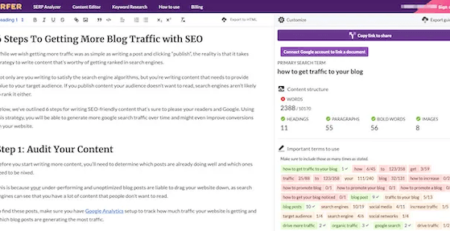
Leave a Reply